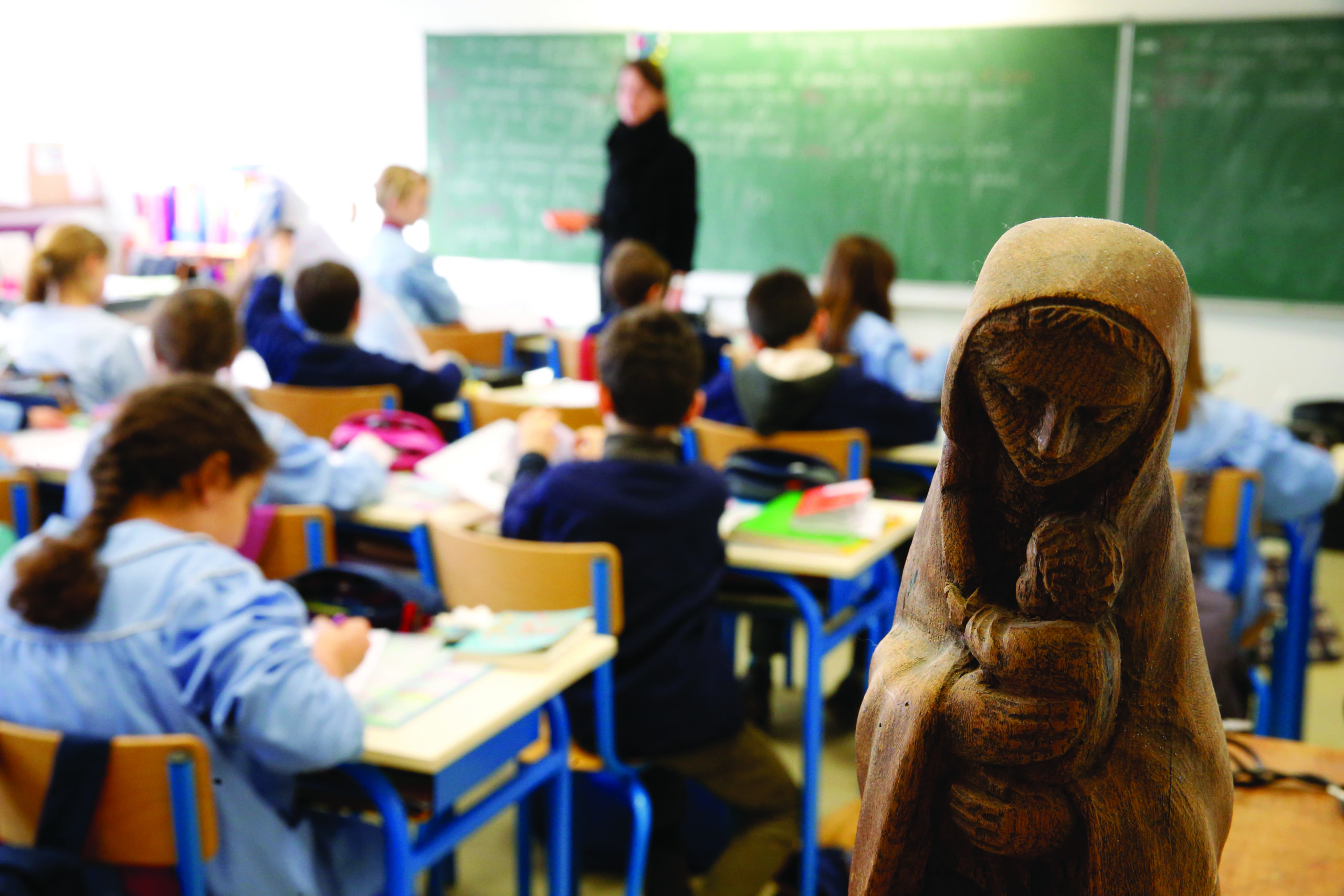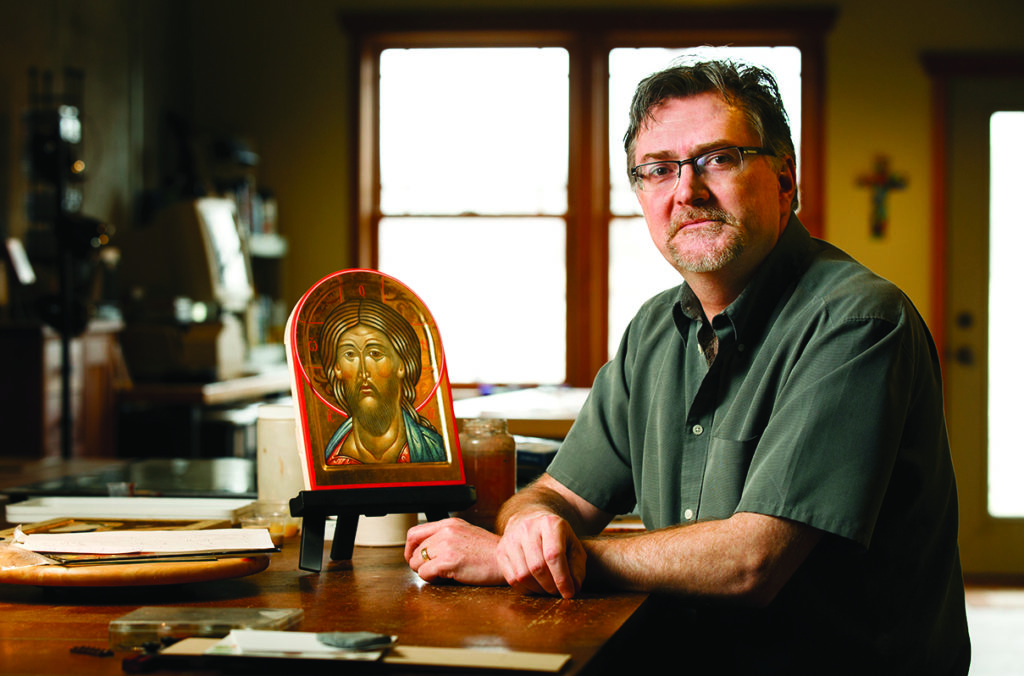This story is featured in the fall/winter 2021 issue of Lumen.
First-of-its kind collaboration gains interest from around the country
Catholic Studies launched a new collaboration – the first of its kind – with the Archdiocese of Saint Paul and Minneapolis Office for the Mission of Catholic Education, to form Catholic educators in a deeper understanding of the shared mission and vision of Catholic education, including greater cultural competency. Following the pilot program this past fall, Mission, Culture, and Emerging Questions in Catholic Education (MCEQ) is garnering interest around the country.
Chief architects of the MCEQ curriculum are Director for the Center for Catholic Studies, Dr. Michael Naughton, and Director of Educational Quality and Excellence for the archdiocese, Dr. Emily Dahdah. The University of St. Thomas Continuing and Professional Education Program (CAPE) has been an essential collaborator providing the technological platform. Other instructors include Danielle Brown from the United States Catholic Conference of Bishops, Joshua Blonski, dean of student life and Latin instructor at Providence Academy in Minnesota, Lucía Báez Luzondo, J.D., who serves as director of the Office of Intercultural Ministries for the Archdiocese of Atlanta, and Aaron Benner ’92, ’95, ’20 MA, dean of students at Hill-Murray School.
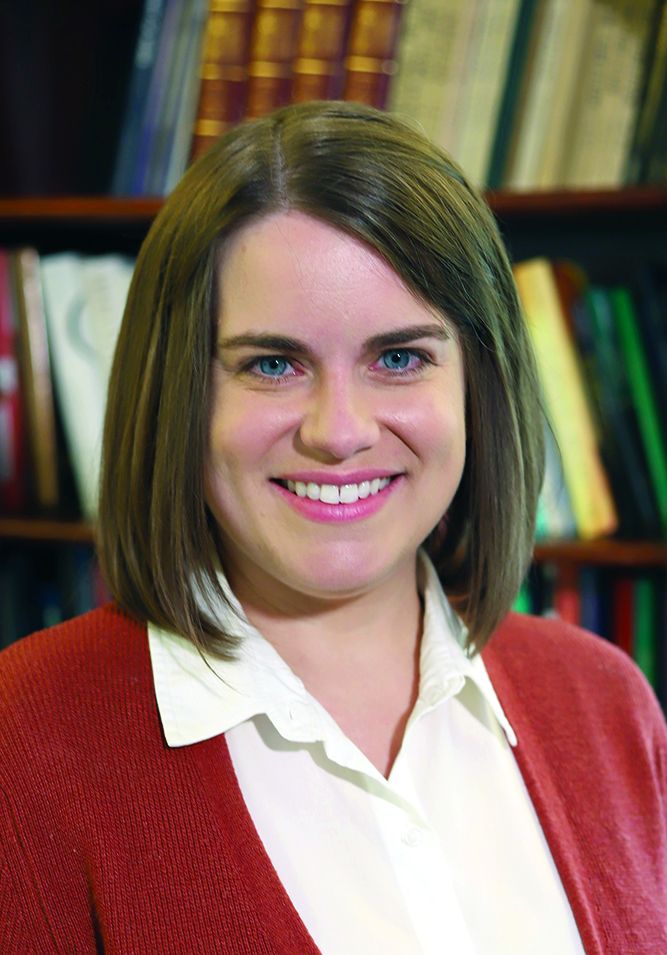
The course will be made available to all principals and teachers throughout the archdiocese to complete at their own pace. The program consists of 10 hours of online, in-person and conference teaching on the role of Catholic educators. “And it’s just the beginning,” said Naughton.
“This is a part of a much larger effort on behalf of the archdiocese to form its educators,” said Dahdah. “We have 90 Catholic schools, each so unique, but we all want to be working with the same vision, a shared language and way of understanding the Church’s vision for education.”
“This is about a philosophy of Catholic education,” Naughton added. “Catechetical programs are important, but they cannot address questions like, ‘How do I deal with math as a Catholic educator? Do I teach math in any different way at a Catholic school than I would at a public school?’ Once you take in ‘wonder’ and ‘a created order,’ you can ask, ‘Why does math work?’ Because there’s a created order. It’s getting down to the roots of a created order, the Logos.”
Dahdah, who did her dissertation on intercultural competency in elementary educators through the University of Minnesota, added that “The Church is an expert on human dignity. We’re drawing on 2,000 years of tradition, laying out a positive vision of the human person. Faith not only transcends culture, but it also greatly enlivens culture.”
“The Church is an exquisite expert on intermingling of cultures of all sorts,” said Dahdah, “and a great mediator through culture as well.” She points to the eradication of legal racialized slavery in the U.S. as an example.
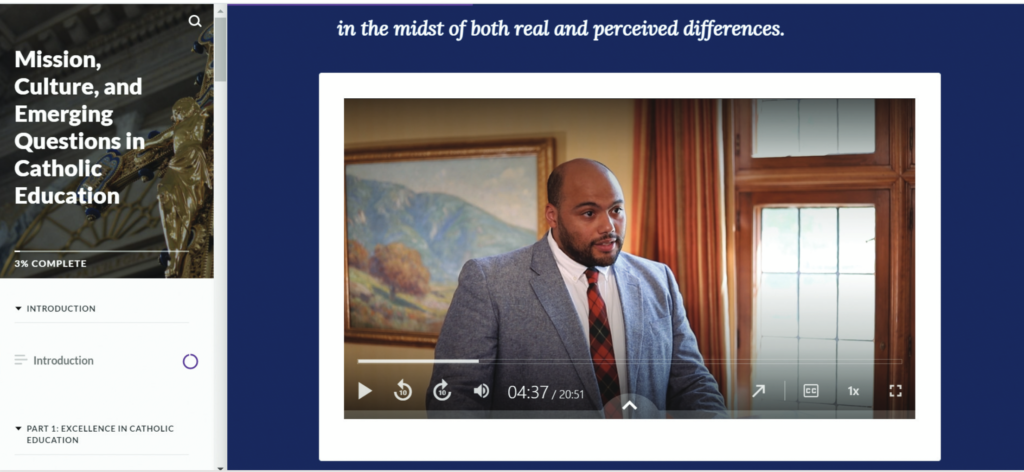
Joshua Blonski, upper school dean of students at Providence Academy, instructed Catholic educators during the innovative MCEQ course.
“Cultures are groups of people with a collective personality,” she said, “and cultures can have wounds, just like persons can have wounds ... But the Church’s vision of the dignity of the human person helped us to work toward confronting an evil (legal slavery). You can see what happens to cultures when they encounter the light of Christ – they are made more beautiful.”
“We want to prepare students for the world they’re going to live in,” said Naughton. “You want to create a culture that is interdisciplinary, where science and faith speak to one another. It has to be an encounter of the mind with the heart; material reality has a spiritual source to it.”
Multiple opportunities are available for further study through the master’s program in Catholic Studies. Teachers and administrators who complete MCEQ can continue their formation with a Two-Course Study. Additionally, a Graduate Certificate for Mission and Culture in Catholic Education, a full graduate program consisting of five courses plus a capstone project, is also offered. The certification centers on the pursuit of equipping students to understand what a true Catholic education entails and how to articulate that philosophy in a school.
The Murray Institute at the University of St. Thomas pays 100% for eligible continuing education of archdiocesan teachers and staff to attend the University of St. Thomas. This makes obtaining a graduate certificate or full master’s degree from St. Thomas Catholic Studies completely free for Catholic school teachers in the Twin Cities.
Creating classrooms built on human dignity, equity and hope
Central to the conference component of the MCEQ curriculum is St. Thomas alumnus Aaron Benner ’92, ’95, ’20 MA, who spent most of his career teaching elementary school. He now serves as dean of students at Hill-Murray School.
“I tell people all the time, just because I’m a Black male with 25-plus years in education, I’m still learning about race issues,” he said. “There has to be a way to speak about racism without automatically demonizing one race.”
“Racism is a sin,” he added, “and we have to work to root it out like any other sin.”
But he’s also sensitive to the realities of ignorance and inexperience. In his conferences, Benner draws from his years in the classroom and working with parents to address even practical issues, like insisting on having a translator present in parent-teacher conferences for parents who do not speak English. He pointed to a common error that especially inexperienced teachers may make in this scenario.
“Many teachers will look at the translator [only] instead of looking at the parent,” he said. “You must look at the parent and give them the respect they deserve, and you never, ever have the student translate for the parents. ... These are things you learn.”
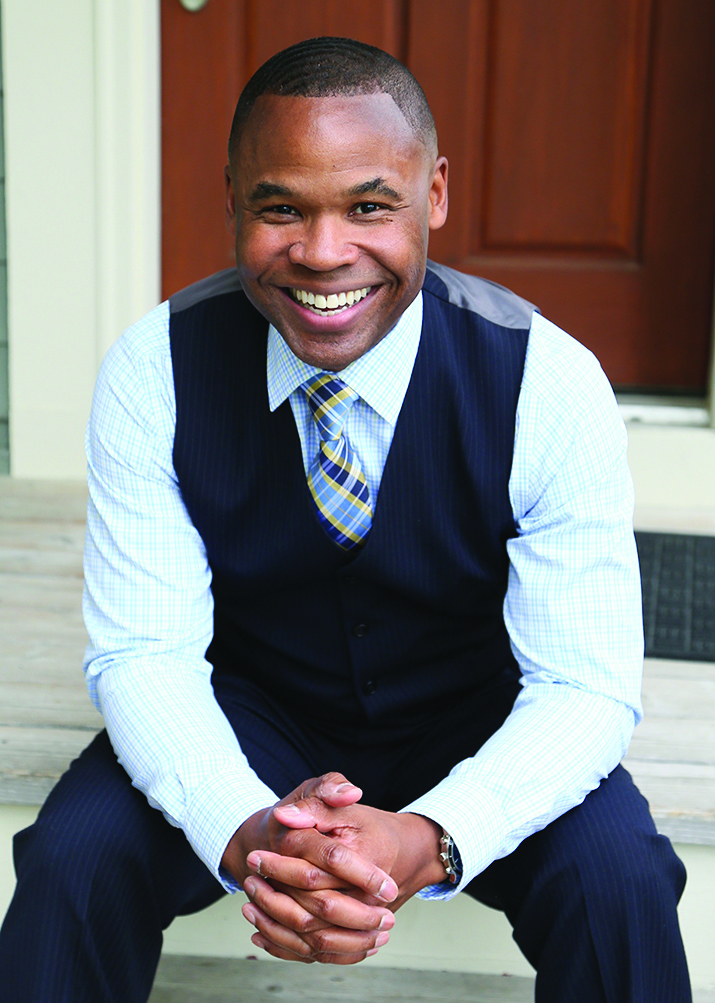
And while many Catholic schools, whose classrooms are increasingly expanding in cultural diversity, are working to increase diversity on their faculty, he warns against tokenism.
“Equity doesn’t just mean having African Americans on your teaching staff,” he said. “Once they’re in your school, you have to ask yourself, are you developing them as teachers, are you developing them to be leaders?”
Benner, who won a settlement against Saint Paul Public Schools in 2019, knows these challenges personally. He was forced to quit his teaching position there when the school district retaliated against him for criticizing the district’s racial equity policy, which set lower standards for African American students.
It was an especially stressful season, but Benner, a daily communicant, was bolstered by his faith.
“It was like God was saying to me, ‘I’m going to take care of you.’ We just have an amazing God. I am not going to apologize for what God has done in my life.”
“There’s a new push to be in people’s faces, to be angry,” Benner said, “but it all comes back to the Bible: I have to forgive! I have to forgive people who might harm me, who might discriminate against me. ... That’s tough, but that’s Christlike. I don’t want that to be forgotten when we talk about the Church and equity and racism.”
Benner himself attended Catholic school as a child, calling it “a game changer” in his life. He graduated from Saint Agnes School having received an award for his outstanding work in religion class as a senior. He recalled, “The nuns at Saint Agnes taught me the faith from the ground up and I just fell in love with it.
“I hope to bring some practical solutions that Catholic leaders can share in their own schools,” he said. “Even something as simple as having pictures of Catholic saints in the hallways from the wide array of backgrounds and ethnicities represented there. Children need to see saints who look like them.”
In face of the racism he has experienced himself he said, “I could choose hate if I wanted to, but that’s what the devil wants.
“I have hope.”
“We need to work and ask for the grace to build a culture of encounter, of this fruitful encounter, this encounter that returns to each person their dignity as children of God, the dignity of living. We are accustomed to this indifference, [whether it be] when we see the calamities of this world or when faced with the little things. We limit ourselves to saying: ‘Oh, what a shame, poor people, they suffer so much,’ and then we move on. An encounter, however, is different: If I do not look, – seeing is not enough, no: look – if I do not stop, if I do not look, if I do not touch, if I do not speak, I cannot create an encounter and I cannot help to create a culture of encounter.”
-Pope Francis
